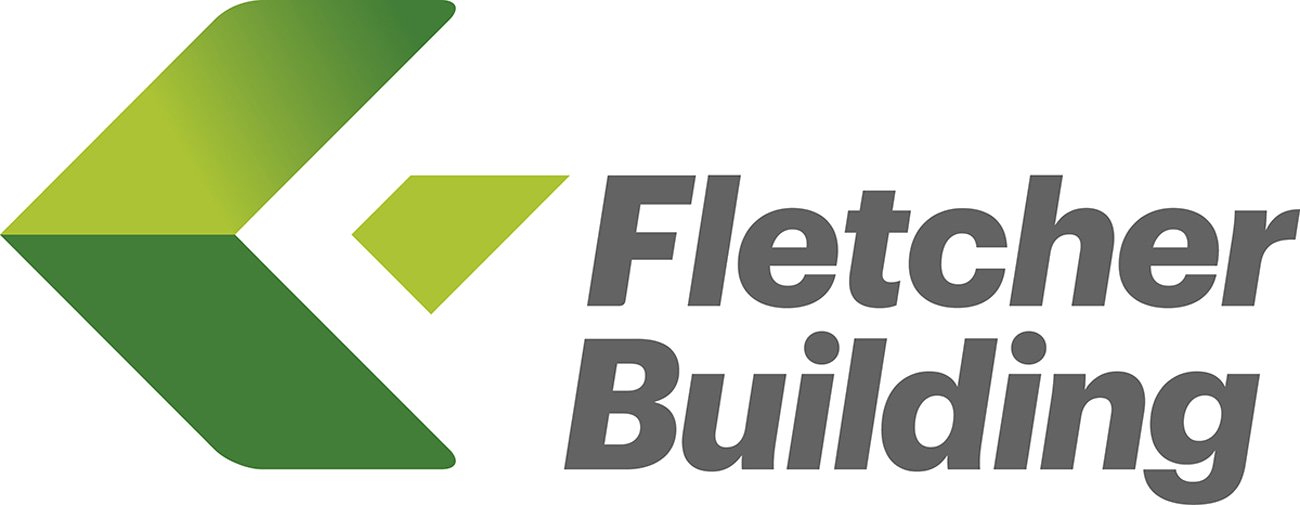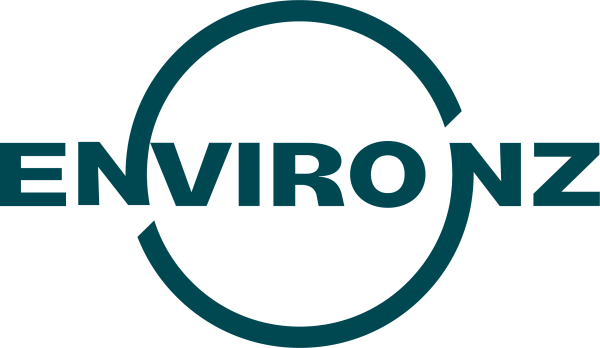Sustainability is increasingly shaping up to be a significant driver of change in how we build and operate in New Zealand. Over the past five years a raft of new statutory and regulatory requirements have been passed or come into force.
Legislation such as the Zero Carbon Act, Waste Minimisation Act, Resource Management Act (RMA), and Environmental Reporting Act, have been passed to push a more sustainable approach to managing resources.
We profile some of these in this article, and this blog will guide you through key dates in 2023 and beyond.
Zero Carbon Act
The Zero Carbon Act (also known as the Climate Change Response Act) is one of the most prominent New Zealand Government Acts relating to sustainability. It aims to help limit the global average temperature to 1.5 degrees celsius under the Paris Climate Agreement. This requirement that forms the Act spans decades, so vigilance in knowing what’s coming up is needed.
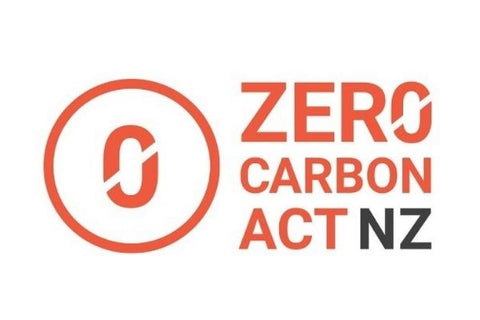
The largest target for this act is known as “Target for 2050”. This Act requires:
BY THE BEGINNING OF 1ST OF JANUARY 2030:
- Biogenic methane emissions are 10% less than 2017 emissions in a calendar year
BY THE BEGINNING OF 1ST OF JANUARY 2050:
- Net accounting emissions of greenhouse gases (apart from biogenic methane) are 0 in a calendar year
- Biogenic methane emissions are 24% to 47% less than 2017 emissions in a calendar year (and each subsequent year)
POTENTIAL RECOMMENDATIONS TO AMEND 2050 TARGET
With the 2050 target being over two decades away, the Commission may recommend some changes. Keeping this in mind is a good idea to know as it has the potential to impact individuals & businesses.
- The timeframe for achievement
- The level of emission reductions required to achieve
- The greenhouse gases, emissions, and removals
- How the target is met
In order for the Commission to recommend these changes a significant change has to occur. This includes the scientific understanding of climate change, New Zealand’s economy, New Zealand’s obligations under international agreements (like the Paris Climate Agreement), and technological developments.
Waste Minimisation Act
The Waste Minimisation Act aims to push New Zealand towards a circular economy. It encourages a reduction in the amount of waste by putting a cost on waste and encouraging product stewardship.
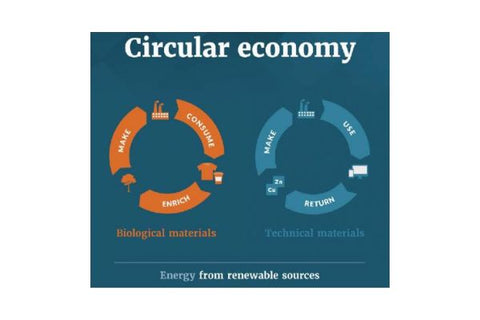
One of the largest components of the Waste Minimisation Act is the Waste Levy. From the 1st of July 2023, this is set to increase. Presently, the increase in levies is set to stop on the 1st of July 2024.
CURRENT, AS OF APRIL 2023
- Municipal landfill: $30
- Construction and demolition fill: $20
- Managed or controlled fill facility: No levy
1 JULY 2023
- Municipal Landifill: $50
- Construction and demolition fill: $20
- Managed or controlled fill facility: $10 (New levy)
1 JULY 2024
- Municipal Landifill: $60
- Construction and demolition fill: $30
- Managed or controlled fill facility: $10
To help support the growth of a circular economy, mandatory product stewardships schemes are being implemented. Product stewardship asks manufacturers to take responsibility for the product at the end of their useful life. By doing this, it’s hoped that manufacturers will design products that maximise resource efficiency and reduce long-term waste.
With product stewardships, there are voluntary and regulated options. Regulated product stewardships are used for the 6 priority products that the Government has deemed a priority. These products are:
- Plastic packaging
- Tyres
- Electrical and electronic products (e-waste including large batteries)
- Agrichemicals and their containers
- Refrigerants and other synthetic greenhouse gases
- Farm plastics.
The upcoming regulated product stewardships are tyres and large batteries. Accreditation for tyres has been completed and is expected to launch in late 2023. For batteries, the accreditation is expected to be finalized in late 2023, with the scheme launching in 2024.
The Agrecoverey Foundation will be consulted on regulations to support farm waste (plastics, Agrichemicals, and their containers) in late 2023.
Resource Management Amended Act 2020
The purpose of the existing RMA is to balance the economic and environmental trade offs in resource use.. Not only does the RMA manage air, soil, fresh water and coastal marine areas, it also regulates land use and the provision of infrastructure that are integral to the country’s planning system (Ministry for the Environment)
Over the coming years, the RMA is getting a major overhaul. Three pieces of legislation are planned to replace the current RMA (Resource Management Act 1991). They are:
- Natural and Built Environment Act (NBE Act), the main replacement for the RMA, to protect and restore the environment while better-enabling development
- Spatial Planning Act (SPA), which requires the development of regional spatial strategies (RSSs) and implementation plans, to help coordinate and integrate long term-strategic decisions in each region
- Climate Adaptation Act (CAA), to address complex issues associated with managed retreat.
Confirmation of these changes is expected mid-2023. Soon after the new legislation comes into force the Government will release the National Planning Framework (NPF) which will provide more detailed national direction on how decision-makers in the new resource management system will give effect to the new legislation. The intention is that this comes into effect in early 2025.
Resource management reforms will play an instrumental role in planning for natural hazards. The NPF will provide national direction on risk reduction and resilience to natural hazards and the effects of climate change. The NPF will guide regions on how to undertake risk assessments, respond to, and prepare for future hazard and climate events, supporting consistency across New Zealand.
How Envirocon Is Helping Build a Greener Future
Since we were established in 2004, we’ve always been working towards building a greener future. With all of the changes coming to sustainability Acts and agreements, here is we make following the changes easy.
Our Interbloc concrete blocks are low carbon, zero waste (They’re CarbonSmar®t). At the tail end of 2022 we were independently verified with an EPD demonstrating we’re New Zealand’s only precast construction system that has a low carbon profile. This is made possible with a voluntary product stewardship that we have with leading concrete suppliers - we take high-quality, wet excess concrete that would’ve otherwise ended up in landfill and pour it into our Interbloc moulds. Using this concrete means fewer emissions are created, helping support New Zealand's construction industry to achieve the 2050 Zero Caron Act targets.
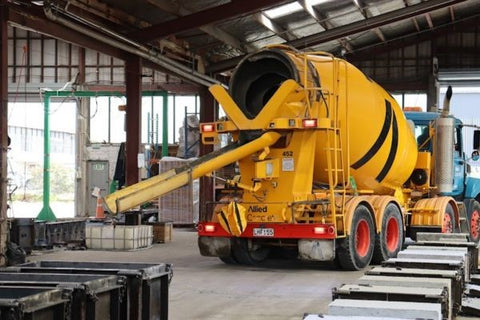
By using high-quality, wet excess concrete, we’re avoiding another waste stream being created. With the help of product stewardship, Interbloc works towards accomplishing the desired outcome of the Waste Minimisation Act - to reduce waste. Both of Envirocon’s ranges - Interbloc and Stonebloc - are modular concrete block systems meaning structures can be deconstructed when they’re no longer needed. Having solutions that are modular reduces the need for more materials/products being created, further supporting the Waste Minimisation Act.

For a solution that works with New Zealand’s sustainability acts & agreements, ask about Interbloc or Stonebloc.






